Cordoba, Spain – Scientists at the University of Cordoba have unveiled a significant breakthrough in the field of sustainable energy with the successful development of the “Blood Battery,” a new type of battery that utilizes hemoglobin, the main component of red blood cells, to optimize performance and battery lifespan.
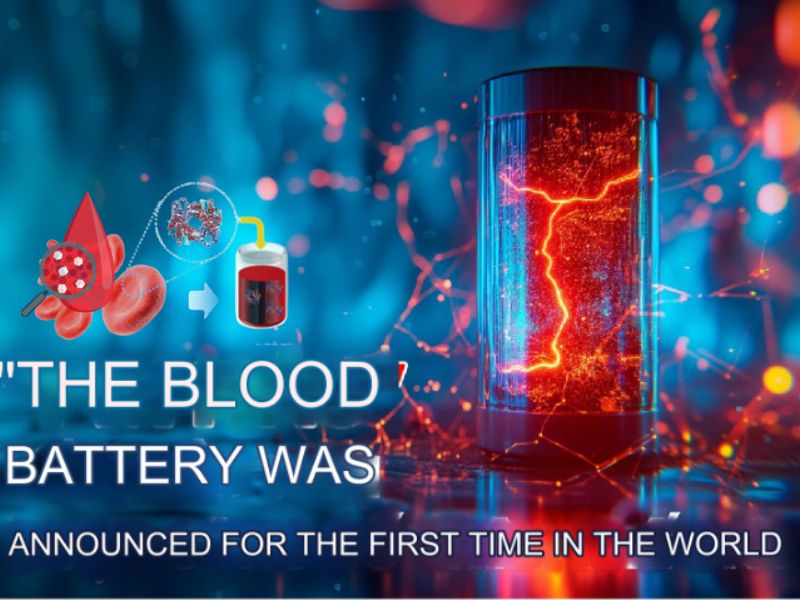
Performance and Battery Lifespan: 20-30 Days of Operation
The most unique feature of the “Blood Battery” is its ability to operate for approximately 20 to 30 days without a decline in performance. This represents a significant advancement in the battery field, where maintaining energy over an extended period has been a major challenge. The combination of performance and long lifespan opens up new applications in medical and industrial fields.
Technology Foundation: Zinc-Air Battery and Hemoglobin
The zinc-air battery has been chosen as a sustainable and alternative option to conventional lithium-ion batteries. Its operation is based on the chemical reaction of oxygen reduction, generating energy through this process. What sets the “Blood Battery” apart is the use of hemoglobin, a protein responsible for the color and oxygen transport within red blood cells, acting as a catalyst to enhance the battery’s efficiency.
Applications in Medicine and Implant Technology
The research team emphasizes the potential of this type of battery in medical devices that are implanted, such as pacemakers. With the ability to operate at a pH of 7.4 – equivalent to the pH of blood – the “Blood Battery” could be a key to unlocking advanced medical applications.
Challenges and Future Development Direction
However, there are still challenges to overcome, particularly regarding the reusability of the battery. Currently, this type of battery cannot be recharged, and the research team is focusing on finding a protein that can convert water back into oxygen, extending the reaction cycle and enhancing the battery’s usability beyond medical applications, possibly in the field of space exploration.
Significance of the Research
This study raises questions about the future of energy sources and the essential needs of society. In the face of challenges related to reusability and energy management, the “Blood Battery” represents a significant step forward in the journey towards a sustainable and efficient energy future.
The University of Cordoba’s research team has opened up a new avenue of research with the “Blood Battery,” posing both promises and challenges for the research community and the industry. The fusion of technology and medicine in this type of battery opens up new prospects, undoubtedly continuing to attract attention and extensive research from the scientific and engineering community.
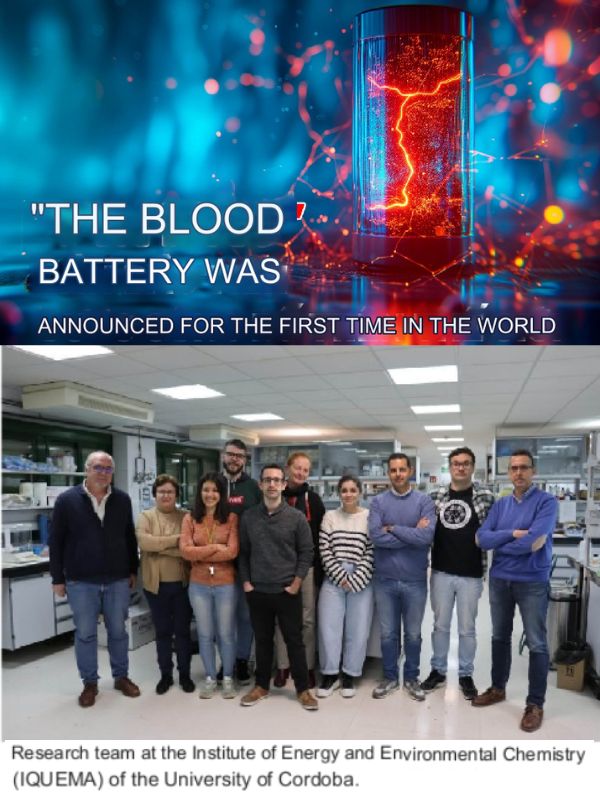
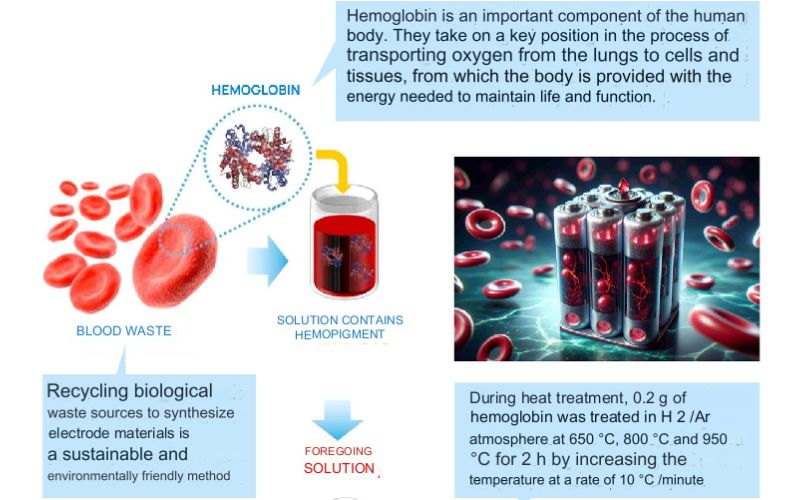
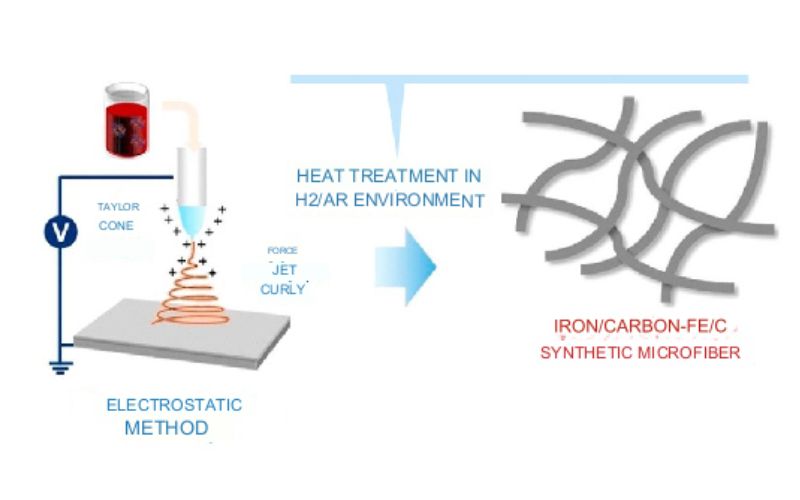
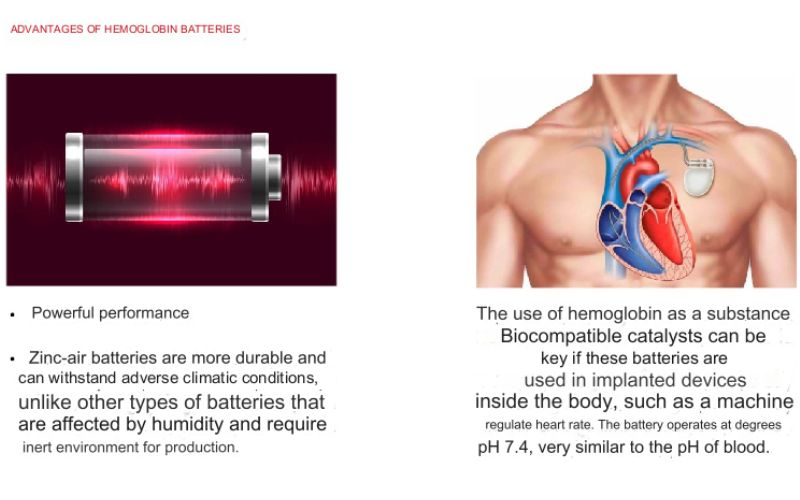
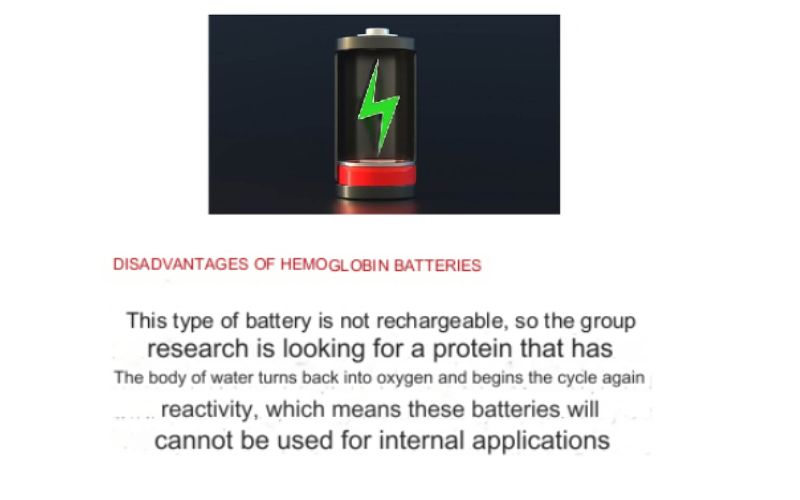
Note: This article utilizes information, images from Codoba University.





hello there and thank you for your information – I’ve definitely picked up something new from right here.
I did however expertise some technical issues using this web site,
as I experienced to reload the website lots of times previous to I could get it
to load properly. I had been wondering if your web hosting
is OK? Not that I’m complaining, but sluggish loading instances times will sometimes affect your
placement in google and could damage your high quality score if ads and marketing with Adwords.
Well I’m adding this RSS to my email and could look out for a lot more of your respective intriguing content.
Ensure that you update this again very soon.. Escape rooms hub